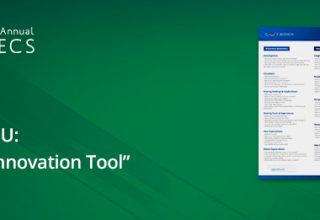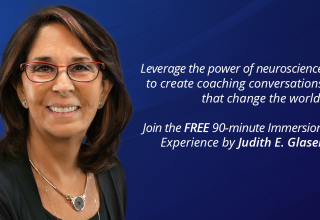
Dr. Sweeny suggested that a way to manage best practice enquiry is to first examine the goal of the mentoring program. He believes that the goal determines what might be best for that program. “Anyone who asserts a set of best practices must be asked,” Dr. Sweeny told me, “best for what goals, before we would consider adopting an approach, model, or solutions. That makes the process of program development more complex. There are many choices, forks in the ‘development road,’ and dead ends.”
One way to manage this complexity according to Dr. Sweeny is “to work with a program development mentor—someone who is experienced in the process and settings where many diverse goals have been addressed by different approaches and models.” He recognized that this could be “a more financially costly way to go, but then heading off on your own without such experienced guidance can cost considerable time, waste energy, and even result in the loss of good will from managers and participants if there are issues and problems along with way.” (Some of the world’s best mentor program development specialists are listed on the International Mentoring Association website.)
I agree with Dr. Sweeny and Dr. Pascarelli, both of whom I have known for years through our membership in the International Mentoring Association. Given the experience I’ve had with Peer Resources fielding questions about how to establish a mentoring program, I can add three additional perspectives.
Recognize that the Pursuit of a Quick-Fix is Innate
I’ve often found that the search for best practices is often a way of avoiding coming to grips with what is really necessary to develop an effective mentoring initiative in the enquiring organization or service. When I’ve practiced Barry Sweeny’s advice regarding asking about goals, I’ve been amazed at how few best practice searchers can actually articulate any goals. They often haven’t thought about this very deeply. There’s a common sense understanding that finding a set of best practices will enable all other elements required for effective mentoring to fall in place. At the same time, searching for best practices seems easier than dealing with some of the harder questions that require insight, reflection, internal research. Discovering a short cut seems deeply rooted in our brain functioning.
Download Article













